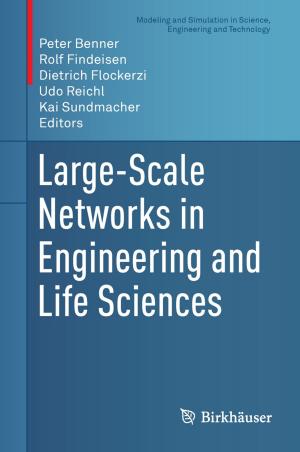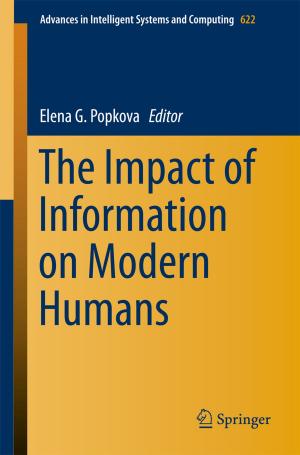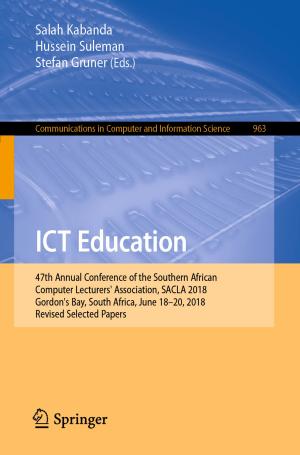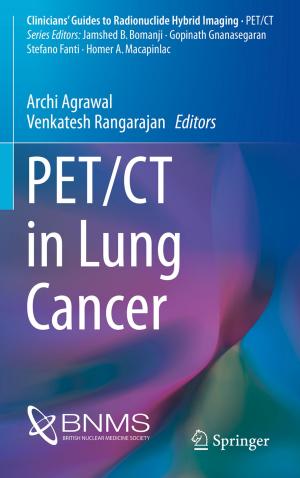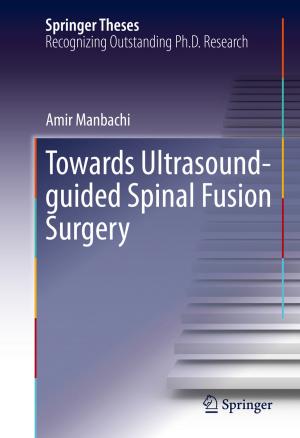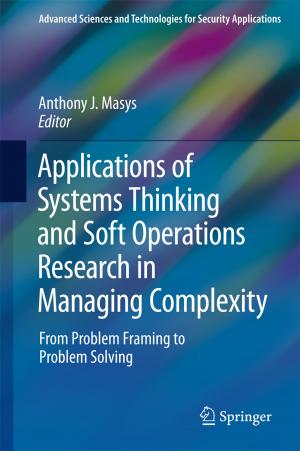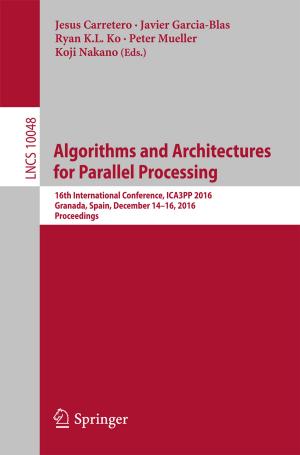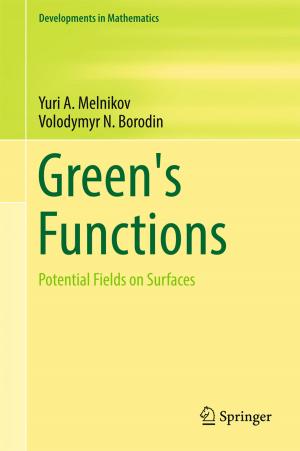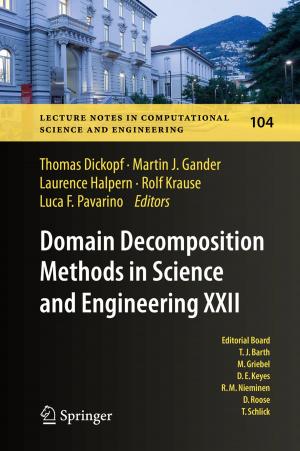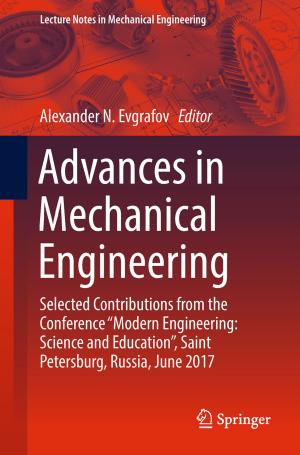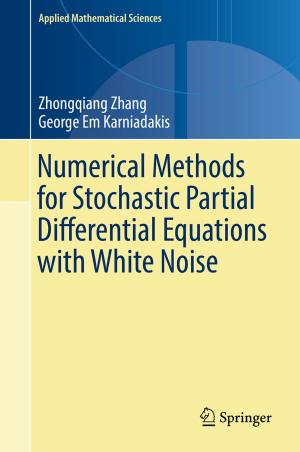Bayesian Inference and Maximum Entropy Methods in Science and Engineering
MaxEnt 37, Jarinu, Brazil, July 09–14, 2017
Nonfiction, Science & Nature, Science, Physics, Thermodynamics, Mathematics, Statistics| Author: | ISBN: | 9783319911434 | |
| Publisher: | Springer International Publishing | Publication: | July 12, 2018 |
| Imprint: | Springer | Language: | English |
| Author: | |
| ISBN: | 9783319911434 |
| Publisher: | Springer International Publishing |
| Publication: | July 12, 2018 |
| Imprint: | Springer |
| Language: | English |
These proceedings from the 37th International Workshop on Bayesian Inference and Maximum Entropy Methods in Science and Engineering (MaxEnt 2017), held in São Carlos, Brazil, aim to expand the available research on Bayesian methods and promote their application in the scientific community. They gather research from scholars in many different fields who use inductive statistics methods and focus on the foundations of the Bayesian paradigm, their comparison to objectivistic or frequentist statistics counterparts, and their appropriate applications.
Interest in the foundations of inductive statistics has been growing with the increasing availability of Bayesian methodological alternatives, and scientists now face much more difficult choices in finding the optimal methods to apply to their problems. By carefully examining and discussing the relevant foundations, the scientific community can avoid applying Bayesian methods on a merely ad hoc basis.
For over 35 years, the MaxEnt workshops have explored the use of Bayesian and Maximum Entropy methods in scientific and engineering application contexts. The workshops welcome contributions on all aspects of probabilistic inference, including novel techniques and applications, and work that sheds new light on the foundations of inference. Areas of application in these workshops include astronomy and astrophysics, chemistry, communications theory, cosmology, climate studies, earth science, fluid mechanics, genetics, geophysics, machine learning, materials science, medical imaging, nanoscience, source separation, thermodynamics (equilibrium and non-equilibrium), particle physics, plasma physics, quantum mechanics, robotics, and the social sciences. Bayesian computational techniques such as Markov chain Monte Carlo sampling are also regular topics, as are approximate inferential methods. Foundational issues involving probability theory and information theory, as well as novel applications of inference to illuminate the foundations of physical theories, are also of keen interest.
These proceedings from the 37th International Workshop on Bayesian Inference and Maximum Entropy Methods in Science and Engineering (MaxEnt 2017), held in São Carlos, Brazil, aim to expand the available research on Bayesian methods and promote their application in the scientific community. They gather research from scholars in many different fields who use inductive statistics methods and focus on the foundations of the Bayesian paradigm, their comparison to objectivistic or frequentist statistics counterparts, and their appropriate applications.
Interest in the foundations of inductive statistics has been growing with the increasing availability of Bayesian methodological alternatives, and scientists now face much more difficult choices in finding the optimal methods to apply to their problems. By carefully examining and discussing the relevant foundations, the scientific community can avoid applying Bayesian methods on a merely ad hoc basis.
For over 35 years, the MaxEnt workshops have explored the use of Bayesian and Maximum Entropy methods in scientific and engineering application contexts. The workshops welcome contributions on all aspects of probabilistic inference, including novel techniques and applications, and work that sheds new light on the foundations of inference. Areas of application in these workshops include astronomy and astrophysics, chemistry, communications theory, cosmology, climate studies, earth science, fluid mechanics, genetics, geophysics, machine learning, materials science, medical imaging, nanoscience, source separation, thermodynamics (equilibrium and non-equilibrium), particle physics, plasma physics, quantum mechanics, robotics, and the social sciences. Bayesian computational techniques such as Markov chain Monte Carlo sampling are also regular topics, as are approximate inferential methods. Foundational issues involving probability theory and information theory, as well as novel applications of inference to illuminate the foundations of physical theories, are also of keen interest.


